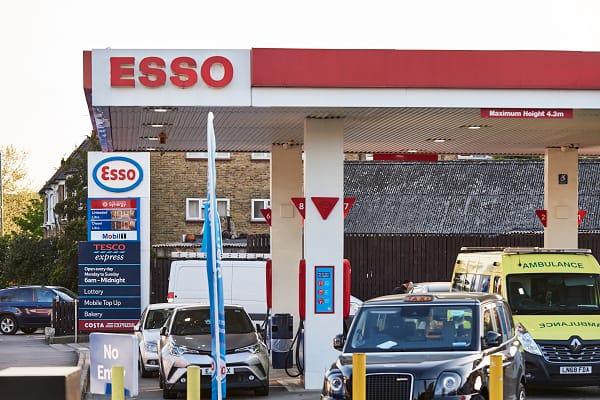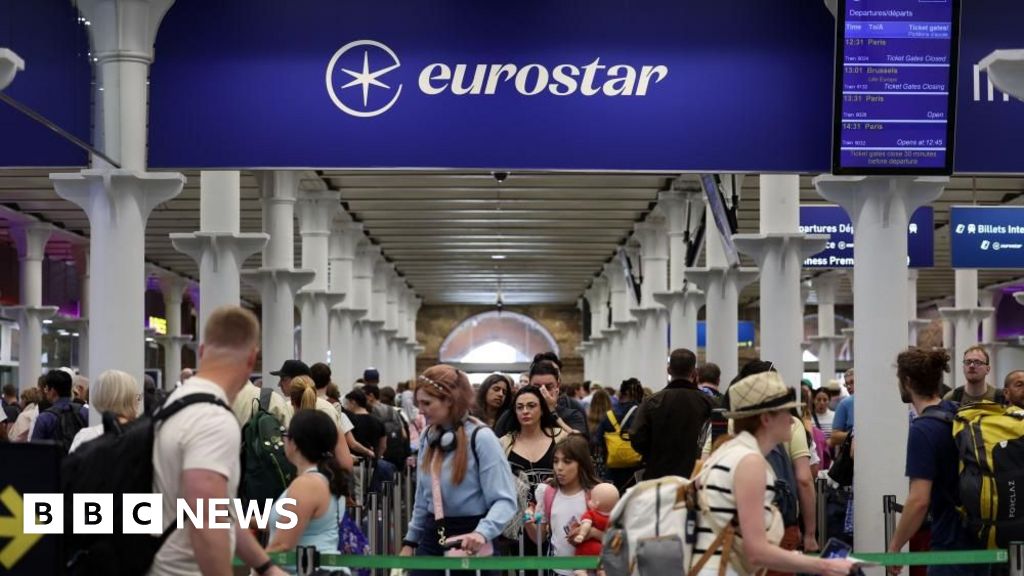Bussiness
Europlasma: The French economy explores paths of reindustrialisation – London Business News | Londonlovesbusiness.com

On May 13, 2024, at the end of the Choose France Summit in Versailles (France), some €15 billion in FDI was announced for the French economy. This is good news in terms of attractiveness, but it should not overshadow private-sector initiatives to re-industrialize the country, as exemplified by the Europlasma group.
Under the gilding of the Château de Versailles, industrial France sought to demonstrate its renewed attractiveness. Some 180 foreign business leaders responded to Emmanuel Macron’s call: yes, investing in France is a good thing at a time when the European economy is generally gloomy. Neighbouring governments of all political persuasions are struggling to revive the business sector, which has been weighed down by the crises of the last four years, led by Covid-19, the war in Ukraine and the repercussions of sanctions against Moscow. Against the complex backdrop, the case of the French group Europlasma deserves a closer look.
A public-private takeover
Why the Europlasma group? Because it stands out for its determined strategy of rescuing industrial flagships in difficulty, a purely private initiative that the public authorities are very happy to find as a relay for their often purely empty rhetoric. The most recent example of this was the Group’s last-minute takeover of Valdunes, which was approved by the Lille Commercial Court on March 20, after lengthy negotiations with the French government. At a time when the French government is seeking to regain its industrial sovereignty, the closure of Valdunes, the last remaining manufacturer of wheels and axles for railway equipment, would have represented a potential admission of impotence. Its disappearance would have made the rail industry dependent on new imports, putting the TGV, for example, at the mercy of outside suppliers, including Chinese ones.
The takeover sounds like a real victory for Roland Lescure, French Minister Delegate for Industry and Energy: “Valdunes is saved. We now have a buyer – Europlasma – with a project to maintain this rail industry by decarbonizing production”. Europlasma has kept 184 of the 309 employees at the company’s two sites, near Valenciennes for machining, and near Dunkirk for forging. The takeover was based on a simple principle: each party commits to its share. Europlasma and the French government are each investing 15 million euros, while local authorities in Northern France are contributing a further 5 million. The SNCF has announced an investment of 1 million euros.
Cutting-edge industrial potential with market opportunities
Europlasma has a long track record of taking over other companies. In 2020, for example, the group turned around another French company in search of a new lease of life: Forges de Tarbes.
“We took over Forges de Tarbes because we needed a forge to manufacture plasma torches,” explains Europlasma CEO Jérôme Garnache. There are three competitors in the world in this sector. And we’re the only ones working on very high-power ratings, above 1 MW per torch, and even considering 4 or 5 MW torches, which will be very useful in the context of decarbonization. Whoever has the upper hand in this market and production will have the upper hand in price and emerge as a leader”.
This is an investment in line with the Group’s activities. Building on its core business – decarbonization and hazardous waste treatment – and its investment in research and development, Europlasma is pursuing its development plan and broadening its commercial prospects.
An industrial vision that also resonates with the changing geopolitical context, for thanks to the mastery of these cutting-edge processes at Forges de Tarbes, in 2022 Europlasma was in a position to address the new needs of the Defence sector: the manufacture of 155mm shells, thus complementing the French offering of the Caesar howitzer manufactured by Nexter, the national subsidiary of the Franco-German KNDS.
Jérôme Garnache continues: “With the Ukrainian crisis, what we thought was strategic for plasma torches, and therefore for French industry, has suddenly become strategic again for sovereignty and defence. For one simple reason: in France, we are the only manufacturer of large-calibre hollow bodies used to product 155mm shells”.
France has launched a western artillery coalition for Ukraine, for which shell orders are expected to run into millions of units. Among the industrial partners involved in this production, Europlasma should be well positioned, with several hundred thousand shells in its pipeline.
Prospects that only need to be consolidated
Valdunes and Forges de Tarbes, as emblematic as they are, were not the only industrial rescues carried out by Europlasma. Over the past four years, the company based in Morcenx-la-Nouvelle (France) has rationally structured its portfolio with the takeover in 2020 of Luxfer (specialist in the manufacture of oxygen cylinder) and, two years later, of Satma Industries (manufacturer of electrolytic capacitors), with the intent of revitalizing sectors in decline.
This strategy that favours turnarounds, thus sending positive signals to economic players who have often been pessimistic of late: yes, reindustrializing the French production tool is possible.
Jérôme Garnache is delighted to say: “Our activities are starting to interest people in the long term. We need to devise schemes that will enable us to rediscover this congruence in terms of maturity between assets and financing. This is what we are trying to put in place, notably at Forges de Tarbes. Today, the defence business is buoyant, and it’s attracting investment funds ready to take this kind of risk”. As a matter of fact the CEO’s approach looks to be appealing: American Bizzell Corporation has just taken a stake in the new Valdunes Industries company, set up by Europlasma to take over the activities of MG-Valdunes, contributing a further 5 million euros. Since the beginning of May, the stock market also seems to be welcoming these new developments.









